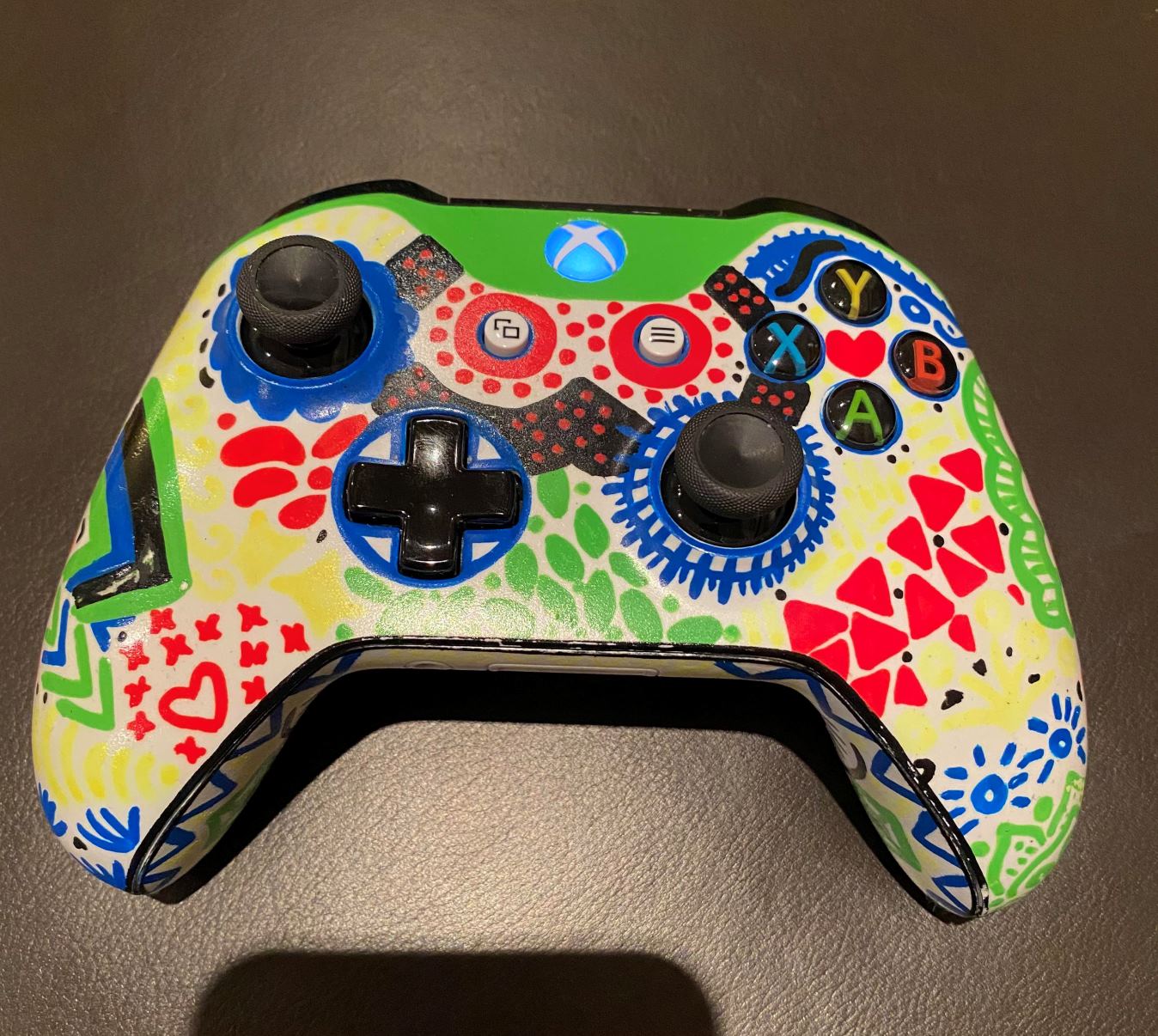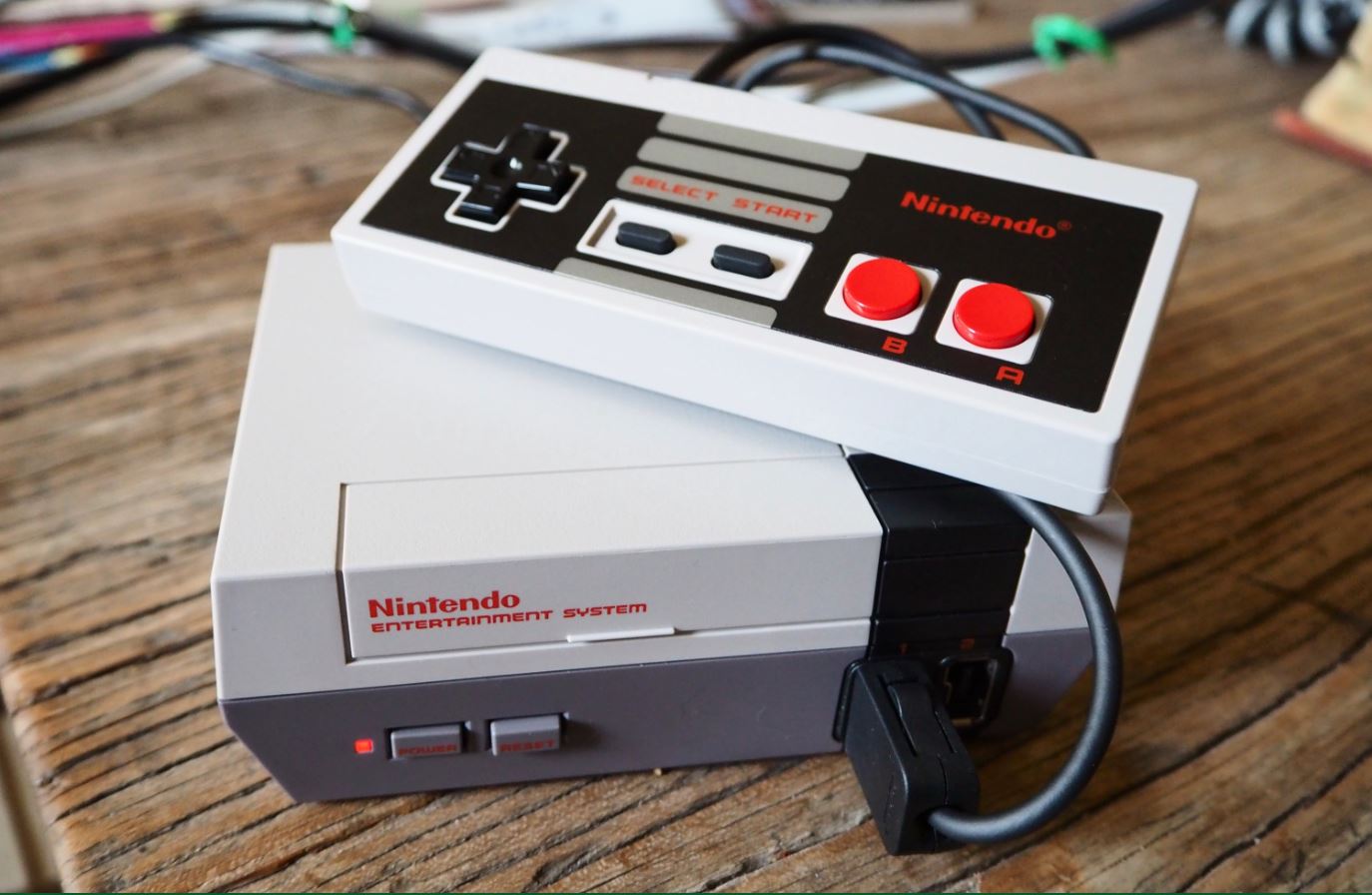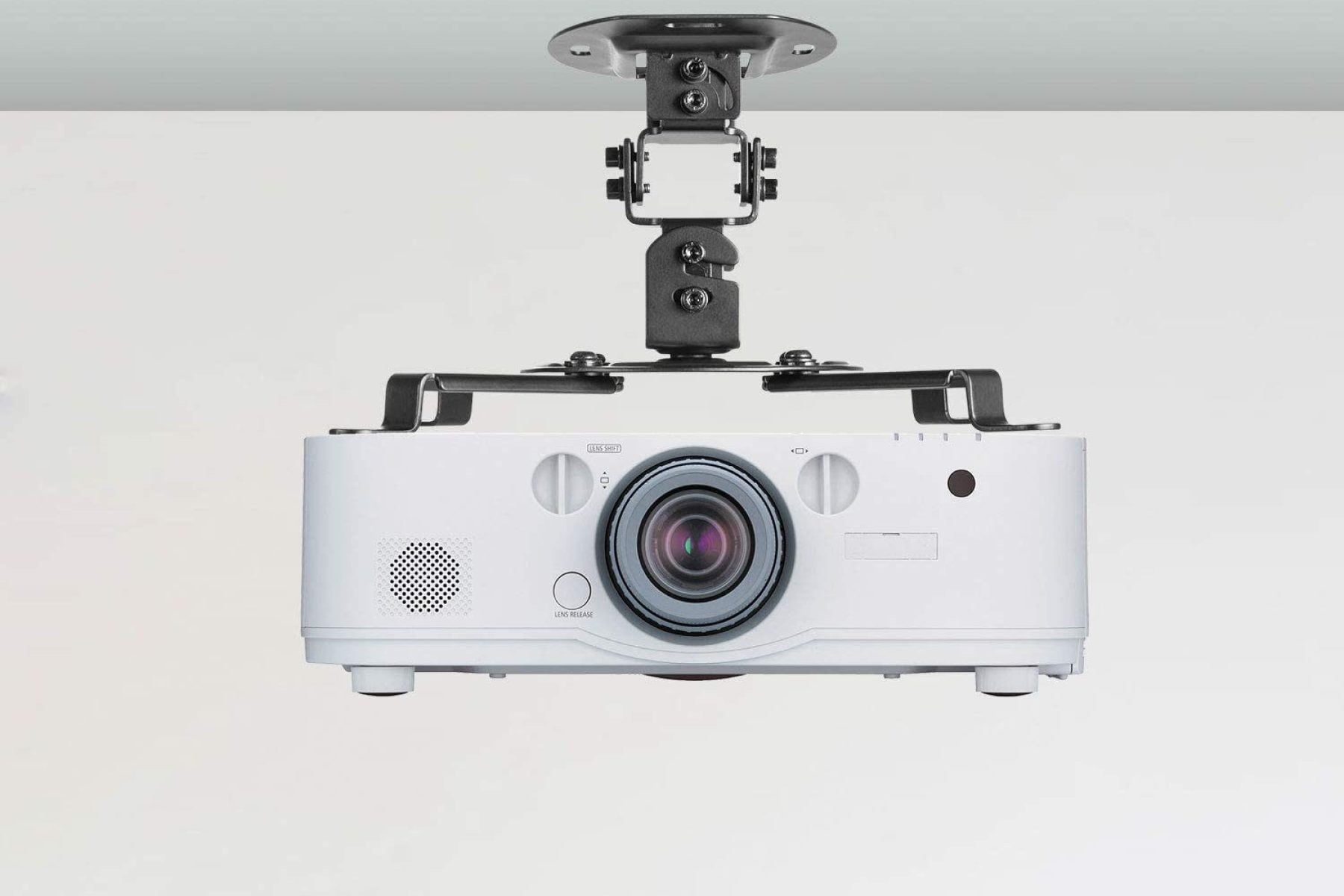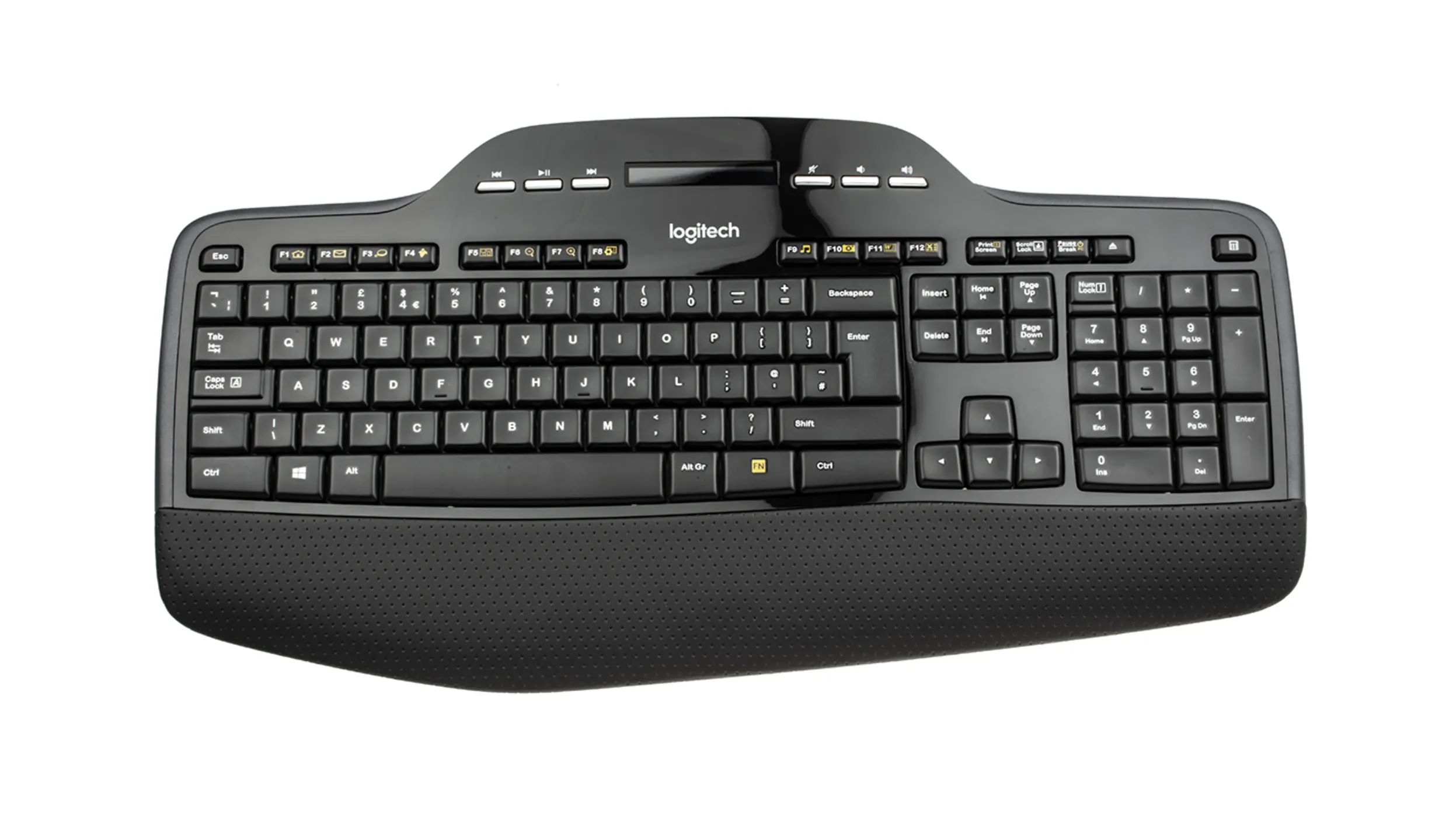Introduction
Introduction
As a dedicated gamer, you understand the importance of having a reliable power source for your game controller. Rechargeable batteries have become a popular choice for gamers due to their cost-effectiveness and environmental benefits. However, with the plethora of options available in the market, it can be challenging to determine the most suitable type of rechargeable batteries for your game controller. This article aims to provide valuable insights into the different types of rechargeable batteries and the factors to consider when selecting the ideal power source for your gaming needs.
Whether you're a casual gamer or a competitive enthusiast, the performance of your game controller largely depends on the type of batteries you use. With advancements in battery technology, there are now several options to choose from, each offering unique advantages and limitations. Understanding the characteristics of different rechargeable batteries will empower you to make an informed decision that aligns with your gaming requirements.
In the following sections, we will delve into the three main types of rechargeable batteries commonly used in game controllers: Nickel Metal Hydride (NiMH) batteries, Lithium-ion (Li-ion) batteries, and Nickel Cadmium (NiCd) batteries. By exploring the distinctive features of each battery type, you will gain valuable insights into their performance, longevity, and compatibility with game controllers.
Additionally, we will discuss the essential factors to consider when selecting rechargeable batteries for your game controller. From capacity and voltage to recharge cycles and environmental impact, these factors play a pivotal role in determining the most suitable power source for uninterrupted gaming sessions.
By the end of this article, you will be equipped with the knowledge to make an informed decision when choosing rechargeable batteries for your game controller. Whether you prioritize long-term cost efficiency, environmental sustainability, or optimal performance, understanding the intricacies of rechargeable batteries will enable you to elevate your gaming experience while minimizing the impact on the planet. Let's embark on this enlightening journey to discover the perfect rechargeable batteries for your game controller.
Types of Rechargeable Batteries
When it comes to powering your game controller, the type of rechargeable battery you choose can significantly impact your gaming experience. Understanding the distinct characteristics of each rechargeable battery type is essential for making an informed decision. Let’s explore the three main types of rechargeable batteries commonly used in game controllers:
- Nickel Metal Hydride (NiMH) Batteries: NiMH batteries are a popular choice for game controllers due to their favorable combination of capacity, cost-effectiveness, and environmental friendliness. These batteries offer a good balance between capacity and self-discharge rate, ensuring that they can power your game controller for extended periods without requiring frequent recharges. Additionally, NiMH batteries are known for their relatively low maintenance and lack of memory effect, allowing for convenient and hassle-free usage.
- Lithium-ion (Li-ion) Batteries: Li-ion batteries have gained widespread popularity in various electronic devices, including game controllers, owing to their high energy density and lightweight design. These batteries are known for their exceptional performance, providing a reliable power source for intense gaming sessions. With a lower self-discharge rate compared to NiMH batteries, Li-ion batteries retain their charge for extended periods, making them an ideal choice for gamers who demand long-lasting power without frequent recharges. However, it’s important to note that Li-ion batteries require careful handling and charging to ensure safety and longevity.
- Nickel Cadmium (NiCd) Batteries: While NiCd batteries were once a prevalent choice for game controllers, their usage has declined in favor of more advanced battery technologies. NiCd batteries are characterized by their robustness and ability to deliver high current, making them suitable for power-hungry gaming peripherals. However, their relatively low energy density and susceptibility to memory effect have led to a decreased preference for NiCd batteries among gamers seeking optimal performance and convenience.
Each type of rechargeable battery offers unique advantages and considerations, and understanding their distinct characteristics is crucial for selecting the most suitable power source for your game controller. As we delve deeper into the specifics of each battery type, you will gain valuable insights into their performance, longevity, and compatibility with game controllers, empowering you to make an informed decision tailored to your gaming preferences.
Nickel Metal Hydride (NiMH) Batteries
Among the various rechargeable battery options available for game controllers, Nickel Metal Hydride (NiMH) batteries have emerged as a popular and versatile choice. These batteries offer a compelling combination of features that cater to the diverse needs of gamers, making them a prevalent power source for game controllers.
Advantages of NiMH Batteries:
- Capacity: NiMH batteries are renowned for their high capacity, allowing them to power game controllers for extended gaming sessions without the need for frequent recharges. This advantageous feature ensures that gamers can immerse themselves in gameplay without interruptions due to battery depletion.
- Cost-Effectiveness: With a favorable balance between cost and performance, NiMH batteries provide a cost-effective power solution for game controllers. Their relatively affordable pricing makes them an accessible choice for gamers seeking reliable rechargeable batteries without breaking the bank.
- Environmental Friendliness: NiMH batteries are considered environmentally friendly due to their lack of toxic metals such as cadmium and mercury. As a result, they offer a sustainable power source for game controllers, aligning with the growing emphasis on eco-conscious gaming practices.
- Low Maintenance: NiMH batteries require minimal maintenance, offering gamers a hassle-free power solution for their game controllers. Their low maintenance nature contributes to a seamless gaming experience, allowing players to focus on their gameplay without the added burden of frequent battery upkeep.
- Low Self-Discharge Rate: NiMH batteries exhibit a relatively low self-discharge rate, meaning they retain their charge for extended periods when not in use. This feature ensures that gamers can pick up their game controllers and resume playing without worrying about significant power loss during idle periods.
Despite their numerous advantages, NiMH batteries do have some limitations that gamers should consider. These include a higher self-discharge rate compared to Lithium-ion (Li-ion) batteries and a lower energy density, which may result in a shorter overall runtime per charge cycle. However, with proper usage and periodic recharging, NiMH batteries can effectively meet the power demands of game controllers, providing a reliable and cost-effective energy source for gamers.
As you explore the realm of rechargeable batteries for game controllers, understanding the distinctive features and benefits of NiMH batteries will enable you to make an informed decision that aligns with your gaming preferences. Whether you prioritize extended gameplay sessions, cost efficiency, or environmental sustainability, NiMH batteries stand as a compelling power solution for powering your game controller and enhancing your gaming experience.
Lithium-ion (Li-ion) Batteries
When it comes to powering game controllers, Lithium-ion (Li-ion) batteries have garnered widespread acclaim for their exceptional performance and high energy density. These advanced rechargeable batteries have become a preferred choice for gamers who prioritize long-lasting power and lightweight design in their gaming peripherals.
Key Advantages of Li-ion Batteries:
- High Energy Density: Li-ion batteries are renowned for their high energy density, allowing them to store a significant amount of power in a compact and lightweight form. This advantageous feature enables game controllers to maintain a reliable and long-lasting power supply, catering to the demands of intense and prolonged gaming sessions.
- Low Self-Discharge Rate: Compared to Nickel Metal Hydride (NiMH) batteries, Li-ion batteries exhibit a lower self-discharge rate, meaning they can retain their charge for extended periods when not in use. This characteristic ensures that gamers can pick up their game controllers and dive into gameplay without concerns about significant power loss during idle periods.
- Longevity: Li-ion batteries are designed to offer extended longevity, providing gamers with a reliable power source that withstands numerous recharge cycles. This durability makes them a dependable choice for gamers seeking a long-term power solution for their game controllers.
- Fast Charging: Li-ion batteries are known for their ability to charge rapidly, allowing gamers to quickly replenish the power of their game controllers and resume gaming without prolonged downtime. This feature enhances the convenience and efficiency of using Li-ion batteries for powering gaming peripherals.
- Lightweight Design: The lightweight nature of Li-ion batteries contributes to the overall comfort and ergonomics of game controllers, ensuring that gamers can engage in extended gameplay sessions without experiencing unnecessary strain or discomfort due to heavy battery weight.
While Li-ion batteries offer numerous advantages, it’s important to note that they require careful handling and charging to ensure safety and longevity. Overcharging or exposing Li-ion batteries to extreme temperatures can compromise their performance and safety, emphasizing the need for responsible usage practices.
By understanding the distinctive features and benefits of Li-ion batteries, gamers can make an informed decision when selecting the most suitable power source for their game controllers. Whether you prioritize high energy density, prolonged longevity, or rapid charging capabilities, Li-ion batteries stand as a compelling power solution for elevating your gaming experience and ensuring uninterrupted gameplay sessions.
Nickel Cadmium (NiCd) Batteries
While Nickel Cadmium (NiCd) batteries were once a prevalent choice for powering game controllers, their usage has declined in favor of more advanced battery technologies. NiCd batteries are characterized by their robustness and ability to deliver high current, making them suitable for power-hungry gaming peripherals. However, several limitations have led to a decreased preference for NiCd batteries among gamers seeking optimal performance and convenience.
Key Considerations for NiCd Batteries:
- High Current Output: NiCd batteries are capable of delivering high current, making them suitable for applications that demand substantial power output. In the context of game controllers, this feature allows NiCd batteries to support the energy requirements of gaming peripherals during intense gameplay sessions.
- Robustness: NiCd batteries are known for their durability and resilience, making them resistant to overcharging and deep discharging. This robust nature ensures that NiCd batteries can withstand challenging usage conditions, contributing to their reliability in powering game controllers.
- Low Temperature Dependence: NiCd batteries exhibit a low temperature dependence, allowing them to perform reliably in a wide range of environmental conditions. This characteristic ensures that gamers can rely on NiCd batteries to power their game controllers without being significantly affected by temperature variations.
Despite these advantages, NiCd batteries have notable limitations that have led to their reduced popularity among gamers. These limitations include a lower energy density compared to modern battery technologies, susceptibility to memory effect, and environmental concerns due to the presence of toxic metals such as cadmium. The memory effect, in particular, can lead to a reduction in the effective capacity of NiCd batteries if they are not fully discharged before recharging, impacting their overall performance and longevity.
Furthermore, the environmental impact of cadmium has prompted a shift towards more eco-friendly battery options, aligning with the growing emphasis on sustainable gaming practices. As a result, the usage of NiCd batteries for game controllers has waned in favor of Nickel Metal Hydride (NiMH) and Lithium-ion (Li-ion) batteries, which offer improved energy density, reduced maintenance requirements, and greater environmental sustainability.
While NiCd batteries have historically served as a reliable power source for game controllers, the evolution of battery technology has led to more advanced and environmentally friendly alternatives. By understanding the distinctive characteristics and limitations of NiCd batteries, gamers can make informed decisions when selecting the most suitable power source for their gaming peripherals, ensuring an optimal balance of performance, convenience, and environmental responsibility.
Factors to Consider When Choosing Rechargeable Batteries
When selecting rechargeable batteries for your game controller, several essential factors should be taken into account to ensure optimal performance, longevity, and compatibility. By carefully considering these factors, you can make an informed decision that aligns with your gaming preferences and environmental consciousness. Let’s explore the key considerations that play a pivotal role in choosing the most suitable rechargeable batteries for your gaming needs:
- Capacity: The capacity of a rechargeable battery determines the amount of charge it can store, directly impacting the duration of gameplay sessions. Gamers seeking prolonged gaming sessions without frequent recharges should prioritize batteries with higher capacities to ensure uninterrupted gameplay.
- Voltage: Ensuring that the voltage of the rechargeable batteries aligns with the voltage requirements of your game controller is essential for seamless compatibility and optimal performance. Mismatched voltages can lead to operational issues and potential damage to the gaming peripherals.
- Recharge Cycles: Understanding the recharge cycle specifications of rechargeable batteries is crucial for evaluating their longevity and cost-effectiveness. Batteries capable of enduring a higher number of recharge cycles offer prolonged service life, making them a favorable choice for long-term usage.
- Self-Discharge Rate: The self-discharge rate of rechargeable batteries determines their ability to retain charge over time when not in use. Batteries with lower self-discharge rates are ideal for gamers who engage in sporadic gameplay sessions, as they can rely on the batteries to maintain their charge when idle.
- Environmental Impact: Considering the environmental impact of rechargeable batteries is increasingly important in the context of sustainable gaming practices. Opting for batteries that are free from toxic metals and adhere to eco-friendly manufacturing processes contributes to environmentally conscious gaming habits.
- Cost Efficiency: Evaluating the cost-effectiveness of rechargeable batteries involves assessing their initial purchase price, longevity, and maintenance requirements. Balancing upfront costs with long-term savings and performance benefits enables gamers to make prudent financial decisions when investing in rechargeable batteries.
By carefully evaluating these factors and understanding their implications on the performance, sustainability, and cost-efficiency of rechargeable batteries, gamers can make informed choices that optimize their gaming experience. Whether prioritizing extended gameplay sessions, environmental responsibility, or long-term cost savings, the considerations outlined above serve as valuable guidelines for selecting the most suitable rechargeable batteries for game controllers.
Conclusion
As the gaming industry continues to evolve, the choice of rechargeable batteries for game controllers plays a crucial role in shaping the gaming experience. Whether you’re a casual gamer or a dedicated enthusiast, understanding the diverse array of rechargeable battery options empowers you to make informed decisions that align with your gaming preferences and environmental consciousness.
From the versatile capabilities of Nickel Metal Hydride (NiMH) batteries to the high energy density of Lithium-ion (Li-ion) batteries, each rechargeable battery type offers unique advantages and considerations. Gamers seeking extended gameplay sessions, cost efficiency, and environmental sustainability can leverage this knowledge to select the most suitable power source for their game controllers.
Furthermore, the essential factors to consider when choosing rechargeable batteries, including capacity, voltage, recharge cycles, self-discharge rate, environmental impact, and cost efficiency, serve as guiding principles for gamers navigating the vast landscape of battery options. By carefully evaluating these factors, gamers can tailor their battery selection to meet their specific gaming needs while contributing to sustainable gaming practices.
As the gaming community embraces advancements in battery technology and environmental awareness, the decision to adopt rechargeable batteries for game controllers reflects a commitment to enhancing the gaming experience while minimizing the ecological footprint. By prioritizing the performance, longevity, and environmental impact of rechargeable batteries, gamers play an active role in promoting sustainable gaming habits and responsible energy consumption.
In conclusion, the selection of rechargeable batteries for game controllers extends beyond mere power supply considerations—it embodies a conscious choice to elevate gaming experiences while embracing environmental stewardship. Through informed decision-making and a collective commitment to sustainable gaming practices, gamers can power their gameplay with confidence, knowing that their choices contribute to a greener gaming ecosystem.

























